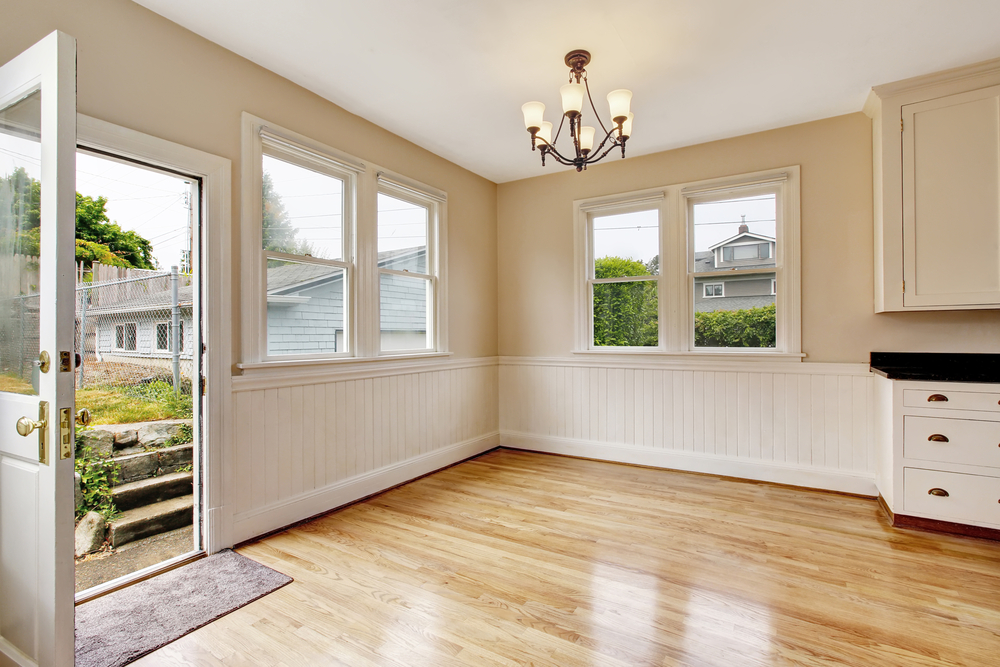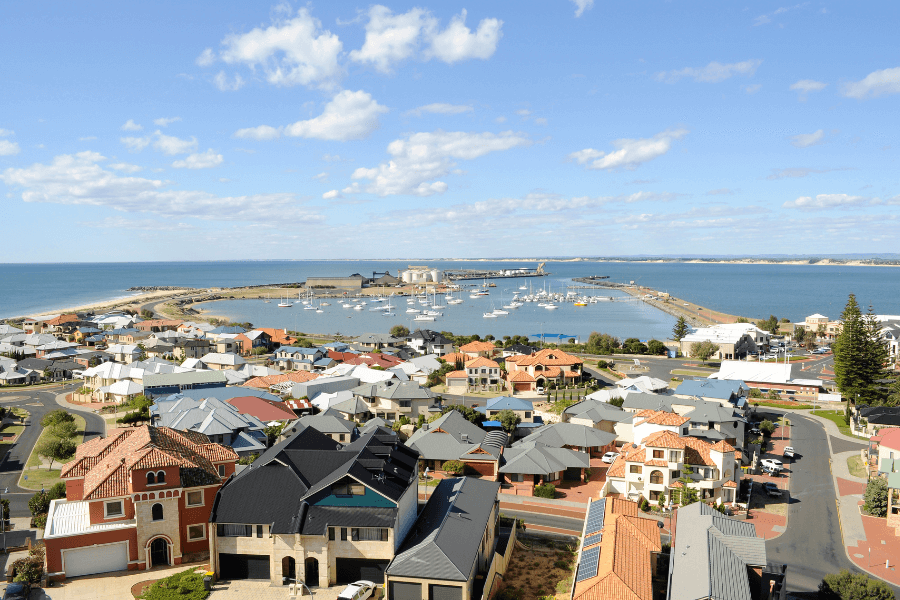The real estate industry can be competitive and at times perilous. Behind the cheerful demeanour, firm handshake and warm welcome that real estate agents offer strangers every day belies complete uncertainty and the knowledge that every client could be a potential threat to their personal safety.
Agents are often on their own, alone in an empty house, waiting for someone they’ve likely never met but who knows their name, what they look like, their exact location and what time they’ll be there. It doesn’t take much to see why this scenario could end in tragedy.

Sadly according to Safe Work Australia, there were 46 workplace deaths between 2003 and 2015 in the Australian real estate services industry.
Of that number, 48-year-old agent Lorelle Makin, diehard St Kilda fan and loving mother, was showing a vacant property in Melton when she was bashed, gagged, sexually assaulted and strangled to death by a prospective buyer. Then there are stories like Keith Chan, a 26-year-old real estate agent who had his car rear-ended and was bashed with a hammer, kicked and chased down with a knife.
Hearing shocking reports like these is a wakeup call for agents to reassess their safety when they’re out of the office.
So why are real estate professionals such a huge target for workplace violence and even death?
-
Agents often meet clients alone: Most incidents involving the death or assault of an agent is when they’re working alone or in an isolated area.
-
Visible signs of wealth: Most cases where agents are attacked is with the intention of robbery.
-
Gender: Women are approximately 75% more likely to be attacked than men.
-
Working closely with complete strangers: Agents are frequently required to meet face to face with members of the public alone.
-
Oversharing on social media: Announcing open houses on professional social media profiles allows would-be criminals to easily identify a time and place to target agents.
But what can be done to best protect yourself at an open house? The National Association of Realtors (NAR) suggests following these safety tips when showing a vacant property:
1. Don’t be ‘too nice’ for your own good. Follow your instincts and don’t lower your guard. If you’re feeling unsafe or uncomfortable, just leave the property.
2. Let potential buyers walk in front of you. This will make it harder for an attacker to trap you and will give you the best possible chance of escape. Always keep the front door open so you can make a quick getaway.
3. Park where you can’t get blocked in. Make sure as you exit your car that you have a clear line of sight to the property and look for potential places to hide.
4. Meet the neighbours. Having someone else know where you are and having a potential ally in the event of an emergency is never a bad thing.

5. Be aware and work in teams. The most common place for agents to be attacked during an open house is at the front door while accessing a lockbox. Also, make sure to turn your back against a wall to avoid being attacked from behind. If you can, enlist the support of coworkers to work inspections with you and return the favour. You’ll also be able to talk to twice as many potential clients this way.
6. Establish your escape routes. Familiarise yourself with the floorplan of the property you’re about to show. Walk around and think about how you might get in and out of each room.
7. Check out your guests as they arrive. As soon as a prospective buyer arrives, ensure you greet them and get them to complete your sign-in sheet.
8. Never go into certain rooms. Places like bathrooms and walk-in robes should be avoided because they provide little in the way of escape routes. If you must enter such rooms with a buyer, insist that they enter first.
9. Close in teams. Remember there’s safety in numbers. Convicted criminals that have attacked agents in the past have said ‘if there’s one agent in the open house working (alone) I know I’ve got (that agent). But if there are two or more, I’m out of there’. So work in pairs to open and close the property if possible.
10. Carry a personal duress device. A collaboration between the Real Estate Institute of Victoria (REIV) and WorkSafe Victoria resulted in the Real Estate Agent Out-of-Office Safety document.
One recommendation was for personal safety/duress devices be made available to all employees while on site in accordance with Workplace Health and Safety (WHS) obligations.
A personal safety device is a duress button that can be pressed to send an alert or notification to a dedicated point of contact. There’s quite a few floating around the market and they come in all different shapes, sizes and price points. But nearly all lack a key piece of functionality.
Several popular duress apps/devices all sound promising on paper, but only send a text message or email to a contact when activated. Emails and text messages can be easily missed, and rely on the contact realising that it is a real emergency, calling 000, and trying to explain who you are, who they are, where they are and what is happening.
What is needed is 24/7 monitoring and a dedicated team of operators ready to send police directly to your location the moment you declare there’s an emergency.
And while dedicated duress buttons and devices may look impressive, remembering to carry around a piece of plastic can be more of a hindrance than a saviour. You need to always remember to bring them, charge them, have them close at hand and not forgotten at the bottom of a bag or stashed away in your glovebox.
Agents are always on their phone, always have it in their hand or pocket, and this is where the duress button should be. Why waste money and risk your safety on bits of plastic that only provide an SMS service?
The BodyGuard has launched in Australia, and it is the first app that requests police for you. It has removed the vital moments needed to declare an emergency through the traditional method of dialling triple zero. Because in an emergency, a threat isn’t going to stop and wait while you talk to an operator.

BodyGuard offers three distinct methods of declaring an emergency, to better adapt to different situations. Simply tap the app to declare an emergency instantly. This will broadcast your location, video and audio from your phone to the 24/7 BodyGuard Operations Centre (BOC) who send authorities to your exact location.
You can enable monitoring if you don’t feel safe, (e.g. during opening or closing of an open inspection). If the threat subsides or you feel safe again, you can cancel the monitoring. The BodyGuard Operations Centre will only request police on your behalf once you’ve declared an emergency.
The real estate industry can be a hazardous one. So, it’s best to be prepared. Plan ahead, familiarise yourself with your surroundings, team up and ensure that if something goes awry, you have a way to tell someone you’re in trouble and have help sent your way.





Fantastic tool and about time, say what you will about realestate agents but they have been unprotected while meeting strangers for too long. Good to see Australia leading the way